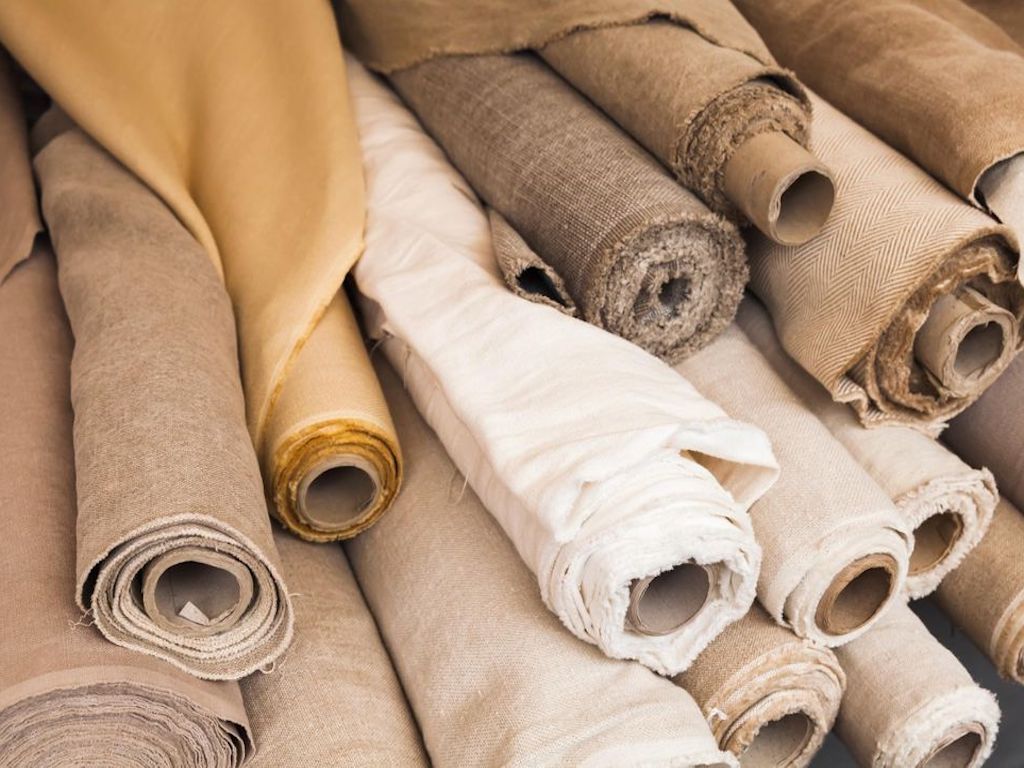Organic Textile Production Booms Due to Consumers Demand Sustainable Fashion

Image: Collected
The Global Organic Textile Common (GOTS), the international recognition for organic textiles, found the best growth in certified operations last year. The news headlines comes as the wider textile sector experiences major shifts towards considerably more sustainable and organic and natural manufacturing processes, driven generally by changing customer tastes for more eco-friendly items. Fashion labels, from fast manner to outdoor apparel are actually all collectively incorporating organic textiles as part of your before, alongside other recycled products.
GOTS recently reported that the amount of organic facilities certified by your body grew by 35% found in 2019 to attain 7,765 suppliers in 70 different countries, up from 5,760 the prior year. Growth in qualification was recorded in both maker and consumer regions, but the most significant rise in the number of organic facilities was observed in Bangladesh, India and Europe.
“With an increase of and more GOTS certified functions and items we altogether substantially donate to sustainable production,” commented Claudia Kersten, managing director of GOTS.
GOTS added that there have been around record of 3 million personnel employed in certified organic and natural facilities in 2019.
To be certified just as organic underneath GOTS, facilities must undergo stringent screening. From farming procedures to processing methods, organic and natural products must certainly not involve the use of synthetic chemical substance pesticides or fertilisers, and are not grown using genetically altered or radiated plants.
Agrochemicals commonly used in non-organic and natural agriculture is also among the largest emitters of skin tightening and in the industry. Alternatively, organic farming methods are widely thought to help promote better biodiversity, soil top quality and does not contaminate the surroundings with run-off substances - which likewise exposes employees to fewer health hazards.
A 2019 analysis led by Dutch scientists from the University of Twente discovered that organic agriculture might help make progress on 8 of the 17 globally agreed Sustainable Expansion Goals (SDGs), especially on combating climate change, avoiding biodiversity loss and obtaining zero hunger and clean water for all.
Given medical and environmental benefits of organic and natural products, more eco-conscious individuals are now shifting towards clothing created from organic textiles. In response to consumer demand and pressure to green its operations, the fashion industry is currently taking new strides towards using extra sustainable fabrics. A number of the major brands which may have already accomplished the GOTS restrictions include outdoor apparel manufacturer Patagonia and bedding enterprise Boll & Branch.
Fast fashion giants are also taking the leap towards organic and recycled alternatives. H&M, for example, has already increased its make use of organic and natural and recycled cotton to 95%, and the group aims to attain 100% sustainably sourced cotton across its collection this season. Monki, alternatively, has already used simply organic and recycled cotton since 2018.
Aside from employing extra recycled and organic textiles within their products, fashion makes are taking on circular solutions such as rental, repair and resale products. Despite representing quick-waste consumer traditions, H&M debuted a recycling, repair and rental idea and a rental subscription assistance under its higher-end sister company COS collection in China.
Actually luxury brands are promoting refurbishment and resale, and most recently, high-end consignment system Rebag launched a fresh programme to permit customers to lease, exchange and rent again to keep items away of landfills for so long as possible.
Source: https://www.greenqueen.com.hk
Previous Story
- ISKO joins Berlin Fashion Week with 360-degree approach
- Great Fashion Fund propelled to put resources into...
- Bangladesh to take part in Texworld-Apparel Sourcing in...
- 83% of fashion companies plan to reduce China...
- Meet the future of Bangladesh's sustainable design talent
- A Step to Shape Future of Sustainable Fashion
- Disposable Fashion Is Growing Exponentially, and It’s Hell...
- Bangladesh seeks revival of silk industry